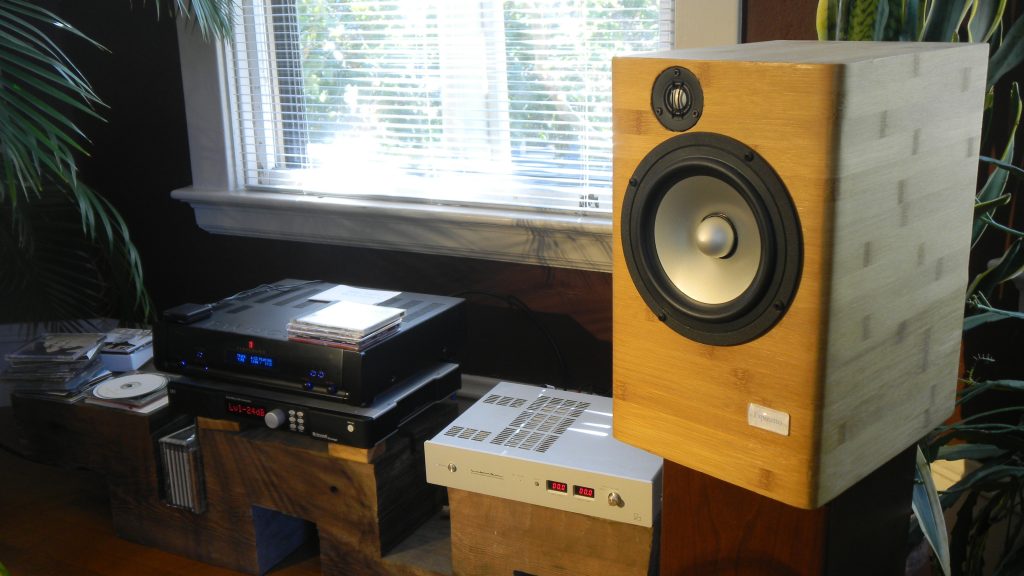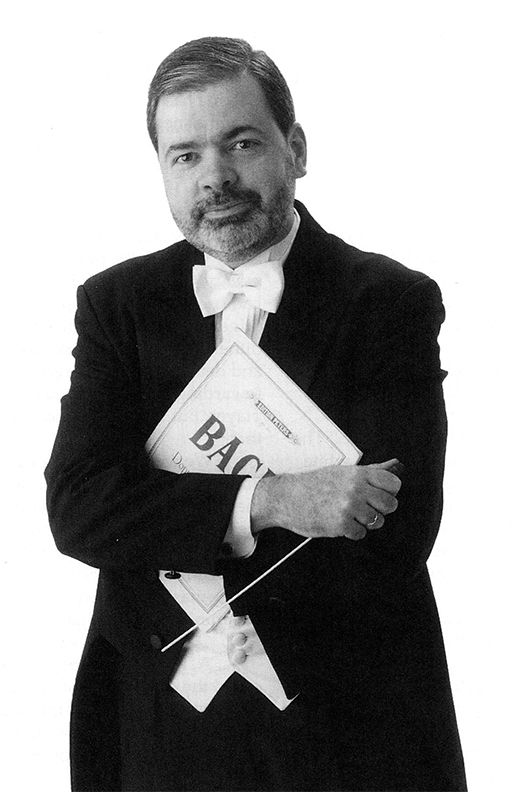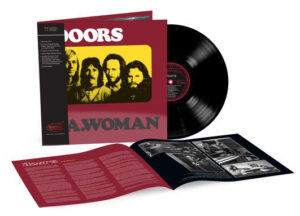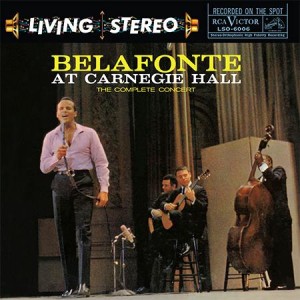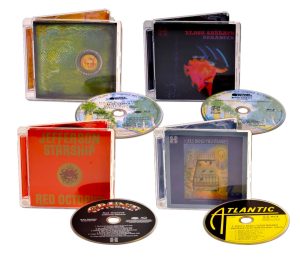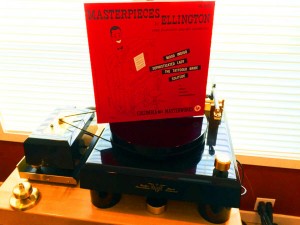...in which my good audio friend John Marks, Head Honcho of The Tannhauser Gate, continues his series of essays on a creative thread within rock music, wrapped about the music of Boston. This time, he introduces us to the commentary of Rick Beato, a connection for which we can all be thankful.
I'm with John: buy a Beato Shirt!
Dr. David W. Robinson, Ye Olde Editor
Through Arturo Delmoni, I got to know Boris Goldovsky (1908-2001). I treasured our get-togethers and phone chats (and I also did some intellectual-property legal work for him). Although our acquaintance was, by most measures, rather fleeting, the time I spent with Mr. Goldovsky had an outsized effect on me. Just to shake hands with someone who, as a child, had fled Moscow with his mother during the October Revolution…. To say nothing of the fact that, before his small-'e' evangelical endeavors had had the result that, in the United States, his name would be inextricably intertwined with the concept of "Opera," the young Boris Goldovsky's piano teacher in Berlin had been Artur Schnabel.
Therefore, through Schnabel's teacher Theodor Leschetizky, there are, in total, only four people shaking hands between Beethoven and me. (That's because Leschetizky's teacher Carl Czerny had been a student of Beethoven's. So, the handshake chain goes: John Marks-(1)Mr. Goldovsky-(2)Schnabel-(3)Leschetizky-(4)Czerny-Beethoven.) And, not to lay it on too thick, but: the young Leschetizky's concerto-début performance was conducted by… Mozart's son.
Mr. Goldovsky's claim to widespread fame (as distinct from his reputation among opera cognoscenti) was his intermission feature during the Saturday-afternoon live radio broadcasts of the Metropolitan Opera, which were sponsored by Texaco, the gasoline company. (He also hosted the "Opera Quiz" feature for a time.) Mr. Goldovsky would sit at the piano (a Knabe in a rehearsal room, which always made me well-disposed to that maker) and give a live "Musical and Dramatic Analysis of (the name of that Saturday's opera)." Those features were brilliant, as well as witty. As examples, here he is on the operas Esclarmonde and Lulu.
I will never forget Mr. G's quip that, for all his musical creativity, Wagner seemed not to have a clue about population genetics (a reference to the brother-sister twins Sieglinde and Siegmund's being the incestuous parents of Siegfried). I think it fair to say that the consensus is that Mr. Goldovsky played a major role (and perhaps the major role) in making live performances of grand opera both comprehensible to and aspirational for the broad middle of American society, from the immediately post-WWII years though the 1980s. Mr. Goldovsky also deserves much credit for championing the cause of a young African-American singer, Robert McFerrin, who became the first African-American man to sing a title role at the Met, in 1955. (Robert McFerrin's son Robert, Jr. took the professional name Bobby McFerrin.)
Courtesy of Jack Baruth's personal blog, I have now become virtually acquainted with Rick Beato (pr. "Bee-ah-to"); and let me say this:
What Mr. Goldovsky was to opera (the authoritative "explainer," par excellence), Rick Beato is to rock-and-roll.

Rick's website tells us that Rick is a musician, a teacher, and a father of three. Rick has worked as a writer/producer with various bands in the rock and country genres. Two albums that he produced for NeedtoBreathe—The Outsiders (2009) and The Reckoning (2012)—won Dove Awards in the Best Rock/Contemporary category. He co-wrote "Carolina" with Parmalee in 2013, which climbed to number 1 on the Billboard's Country Music Chart. Rick is certified to teach grades K-12 and holds a bachelor's in music from Ithaca College, and a master's in jazz studies from the New England Conservatory of Music.
Jack Baruth's website ran a post about Rick Beato's analysis of Journey's "Don't Stop Believin'." I was very impressed by Rick's Music-Theory (and also record-production) knowledge; but, most of all, by his personal reminiscence of having the writer of the song tell him that the catchphrase in the chorus (which is also the title of the song) was what the writer's father said to him in a telephone conversation in which the son had expressed doubt whether he could succeed in music. The human element….
As impressive as Rick's "Don't Stop Believin' " analysis was, his analysis of "More Than a Feeling" left me slack-jawed in astonishment. I have not been as transfixed by a musical "explainer" to that extent, since the glory days of the Met Saturday-Afternoon Broadcasts with Mr. Goldovsky. (I also wonder, how does Rick get those Pro Tools copies of the multi-track session tapes?)
So, assuming that you have already watched (or that you will watch) Rick's "More Than a Feeling" analysis in full, with a jaw as slack as mine was; here's my Tactful Suggestion (that being my personal term for the 613 precepts or injunctions in the Five Books of Moses):
Please show your appreciation by visiting Rick's website, by clicking on the Store drop-down menu, and by buying a T-shirt. I did. And a lovely T-shirt it is. Really. As one of my favorite sayings goes, "Libraries will get you through times of no money better than money will get you through times of no libraries." Rick's contributions to the knowledge base are, as far as I can tell, without equal.
Please buy a bit of apparel, or a cheat-sheet coffee mug; and please tell all your e-friends to watch some "What Makes This Song Great" videos.
One final note: Rick in a sense reminds me of Schenkerian Analysts: They both have their way of (so to speak) engaging with the text. Rick does a musical and record-production analysis, but he does not delve into antecedents and influences and text and all that other stuff other musicologists focus on.
So, in that context, it is not surprising that Rick did not note the "Walk Away Renée"/"More Than a Feeling" connection.
Which, anyway, is just opening a can of worms; because, despite the fact that Tom Scholz himself said that "Walk Away Renée" was his most important influence, other people carp that "More Than a Feeling" borrows from (permissibly or not), Eric Clapton and George Harrison's "Badge," or Joe Meek's 1960s instrumental hit "Telstar." No matter.
Just buy that shirt, OK?





